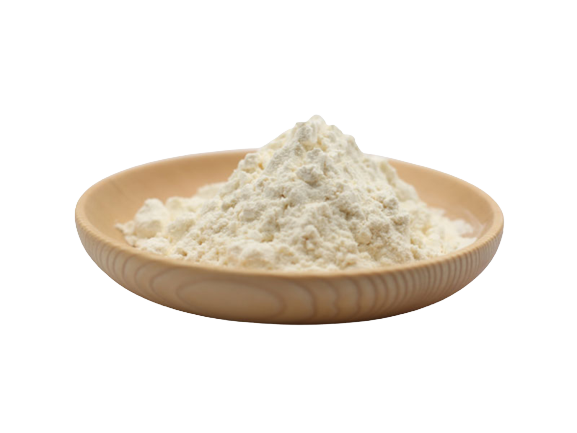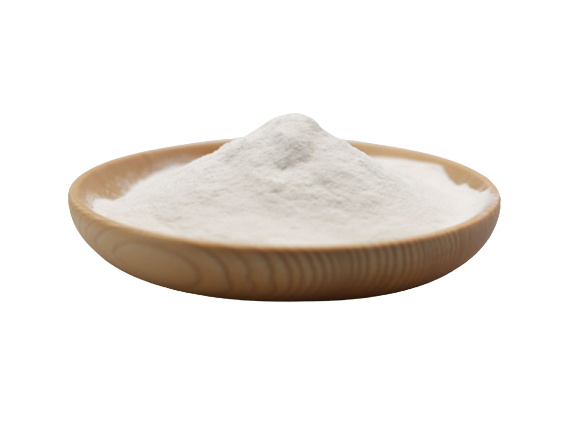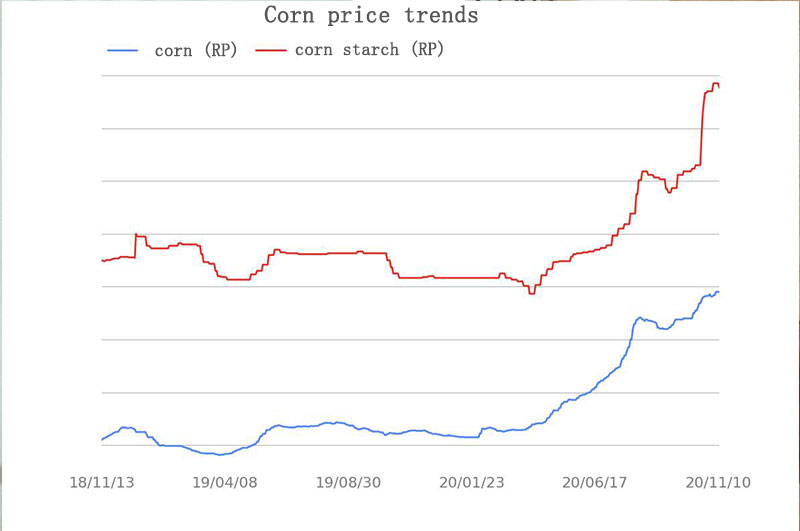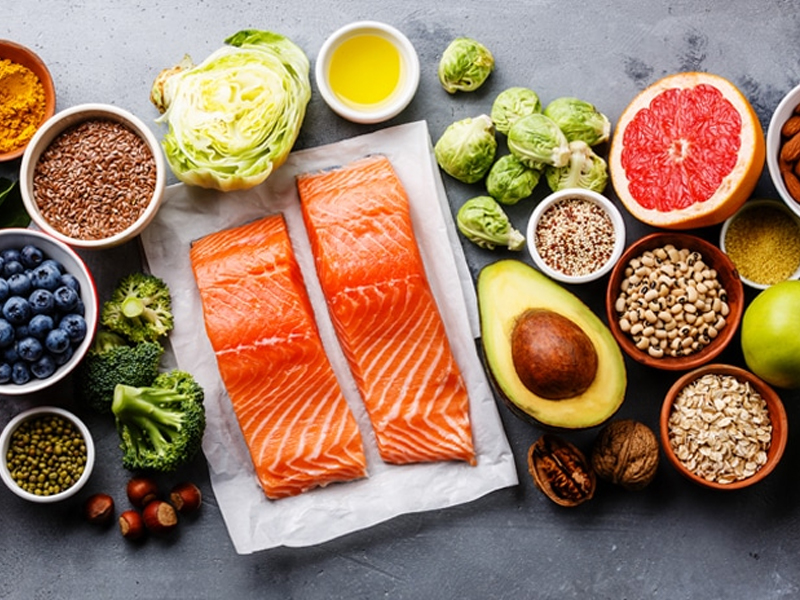The quest for the perfect zero-calorie sweetener often boils down to two natural contenders: organic stevia extract and organic monk fruit extract. Both are celebrated for their plant-powered sweetness, but which one truly deserves a spot in your pantry? Let’s dissect their pros, cons, and hidden quirks to help you sweeten smarter.
Round 1: Origins & Processing
- Organic Stevia Extract:
- Made from the leaves of the Stevia rebaudiana plant.
- Key compounds: Steviol glycosides (Reb A, Reb M) – 200–300x sweeter than sugar.
- Processing: Water-based extraction (no solvents) for certified organic brands.
- Organic Monk Fruit Extract:
- Derived from the pulp of Siraitia grosvenorii (luo han guo).
- Key compounds: Mogrosides – 100–250x sweeter than sugar.
- Processing: Fermented to isolate mogrosides, often blended with erythritol for bulk.
Winner: Tie. Both use clean methods when organic, but monk fruit often requires fillers.
Round 2: Health Benefits
| Factor | Organic Stevia Extract | Organic Monk Fruit Extract |
|---|---|---|
| Blood Sugar Impact | Zero glycemic index (no spike) | Zero glycemic index |
| Antioxidants | Moderate (chlorogenic acid) | High (mogrosides fight inflammation) |
| Gut Health | May alter gut microbiota long-term* | Neutral (no significant gut impact) |
| Dental Health | Inhibits plaque-forming bacteria | Neutral |
*Animal studies suggest high doses may reduce beneficial bacteria.
Winner: Monk fruit edges ahead for antioxidants, but stevia shines for dental health.
Round 3: Taste & Cooking
- Stevia:
- Pros: Heat-stable (great for baking).
- Cons: Bitter/licorice aftertaste (varies by extract quality).
- Monk Fruit:
- Pros: Caramel-like sweetness, no aftertaste.
- Cons: Often blended with erythritol, which can crystallize or cool the tongue.
Winner: Monk fruit for taste, stevia for solo baking (pure extracts).
Round 4: Safety & Side Effects
- Stevia:
- FDA Status: GRAS (Generally Recognized as Safe).
- Risks: Possible bloating in sensitive individuals; avoid if allergic to ragweed.
- Monk Fruit:
- FDA Status: GRAS.
- Risks: Rare allergic reactions; erythritol blends may cause diarrhea.
Winner: Tie. Both are safe but monitor blends (some monk fruit products contain erythritol, linked to digestive issues).
Round 5: Sustainability
- Stevia:
- Low water footprint; thrives in arid regions.
- Supports Paraguayan/Brazilian farming communities.
- Monk Fruit:
- Grows in remote Chinese hills; limited supply raises cost.
- Wild harvesting risks overexploitation.
Winner: Stevia for accessibility and eco-footprint.
Who Should Choose Which?
- Pick Organic Stevia Extract If:
- You’re diabetic or keto (pure, no carbs).
- You prioritize dental health.
- You bake often (heat-stable).
- Pick Organic Monk Fruit Extract If:
- You hate bitter aftertastes.
- You want antioxidant-rich sweetness.
- You prefer pre-blended sweeteners (e.g., with erythritol).
Neither is “healthier” universally—it’s about your needs!
- For purity & versatility: Organic stevia extract.
- For taste & antioxidants: Organic monk fruit extract.
Pro tip: Combine both in drinks or recipes to balance flavors and benefits!
Related Products
Organic Monk Fruit Extract Powder
Zero-Calorie Natural Sweetener for Clean-Label Food, Beverage & Supplement Applications
Organic Stevia Extract
Clean-Label, Zero-Calorie Sweetener for Sugar-Free & Health-Conscious Formulations



